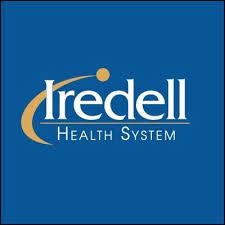The American Heart Association (AHA) estimates that 3 to 6 million Americans live with atrial fibrillation (AFib). Although it’s common, many are still unaware that AFib can cause life-threatening complications. In fact, according to the AHA, only 33% of those with AFib believe it is a serious condition. “AFib is a serious condition as it can not only make you feel bad with the associated symptoms, it can weaken heart muscle, and most importantly, it increases your risk of blood clots and stroke,” said Deepak Joshi, a cardiologist at Statesville Cardiovascular Clinic.
February is American Heart Month and an important time to learn more about this common, yet often misunderstood, heart condition.
What is AFib?
AFib, also called AF, is a heart condition in which your heart doesn’t beat normally. It causes an irregular, quivery, fluttery, and often very rapid heart rhythm. AFib can occur occasionally, or it can be constant.
How is AFib treated?
To determine if you have AFib, your healthcare provider may check your pulse, listen to your heart, and perform an electrocardiogram (EKG). If your provider confirms you have AFib, early treatment is crucial to avoid complications and lower your risk for stroke and heart failure. According to Joshi, medications, electrical shock, or surgery called ablation may be used to treat AFib. When you have AFib, it’s important to follow your provider’s recommendations to manage your symptoms and reduce your risk of complications.
Joshi is a board-certified cardiologist who practices at Statesville Cardiovascular Clinic, located at 738 Bryant Street in Statesville. To learn more or to schedule an appointment with Dr. Deepak Joshi, please call 704-873-1189.

